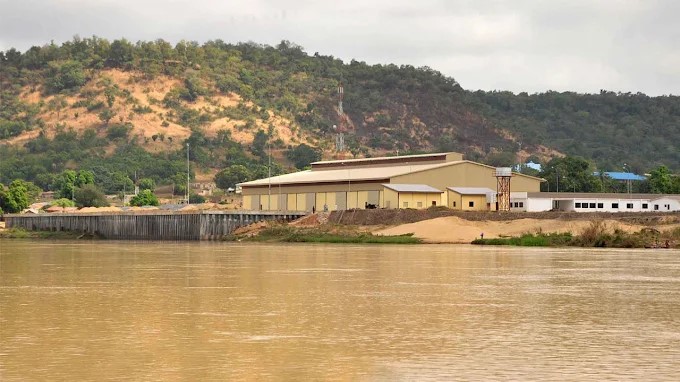The Minister of Marine and Blue Economy, Adegboyega Oyetola, has attributed the limited functionality of the Baro Inland Port to the absence of adequate road and rail infrastructure linkages, despite its commissioning in 2019.
Speaking on Tuesday before the House of Representatives Ad-Hoc Committee on the Rehabilitation and Operationalisation of the Baro Inland Port, Oyetola acknowledged the operational challenges but assured that the Tinubu administration is committed to revitalising the port as a key inland gateway to stimulate Nigeria’s commercial activities.
“Although commissioned in 2019 by the previous administration, the port has faced operational constraints, chief among them the absence of critical linkages to road and rail infrastructure, and navigability challenges along the River Niger,” he stated.
Oyetola added that the ministry, created less than two years ago, inherited the project and is prioritising dredging activities despite funding limitations. He highlighted strategies to improve the port’s operations, including continuous dredging, developing transport connections, attracting private sector participation through concessions, and instituting transparent governance.
READ ALSO: Oyetola pledges leadership to reclaim Osun for APC in 2026
The minister noted that the National Inland Waterways Authority (NIWA) plans to dredge up to 2,000 km of inland waterways, ensuring Baro Port maintains adequate depth for year-round operations.
Oyetola emphasised collaboration with the Federal Ministries of Works and Transportation to develop an integrated infrastructure framework aimed at operational efficiency.
Also addressing the committee, NIWA Managing Director Bola Oyebamiji recalled the port’s historical significance as a trade hub established in 1908 and pointed to insufficient dredging and poor connectivity as ongoing challenges.
He disclosed that the port’s rehabilitation project was awarded under the Buhari administration for ₦3.56 billion, of which ₦3.35 billion (94%) has been paid to the contractor.
Minister of Transportation Sa’idu Alkali said his ministry is developing a rail line to connect Baro Port with the national network but flagged funding shortages as a key hurdle, appealing for adequate budgetary support from lawmakers.
Committee Chairman Saidu Abdullahi clarified that the panel’s role is to facilitate, not investigate, the port’s rehabilitation. He announced plans for a national stakeholders’ forum to rally support and political will to advance the project.
Abdullahi underscored the port’s strategic importance to national trade, regional connectivity, and economic diversification, describing its full operationalisation as “immense and non-negotiable.”
The committee announced a visit to Baro Inland Port scheduled for Saturday, 16 August, to conduct an on-site assessment and chart a way forward.



